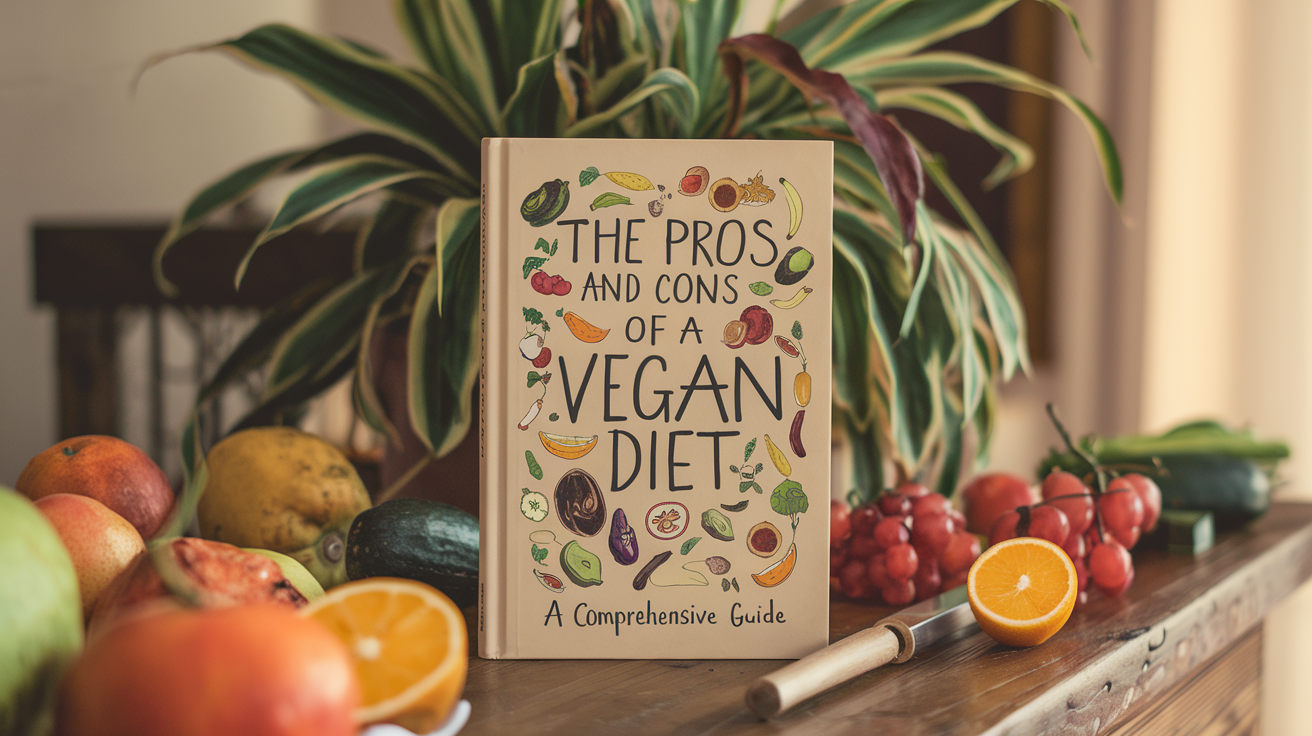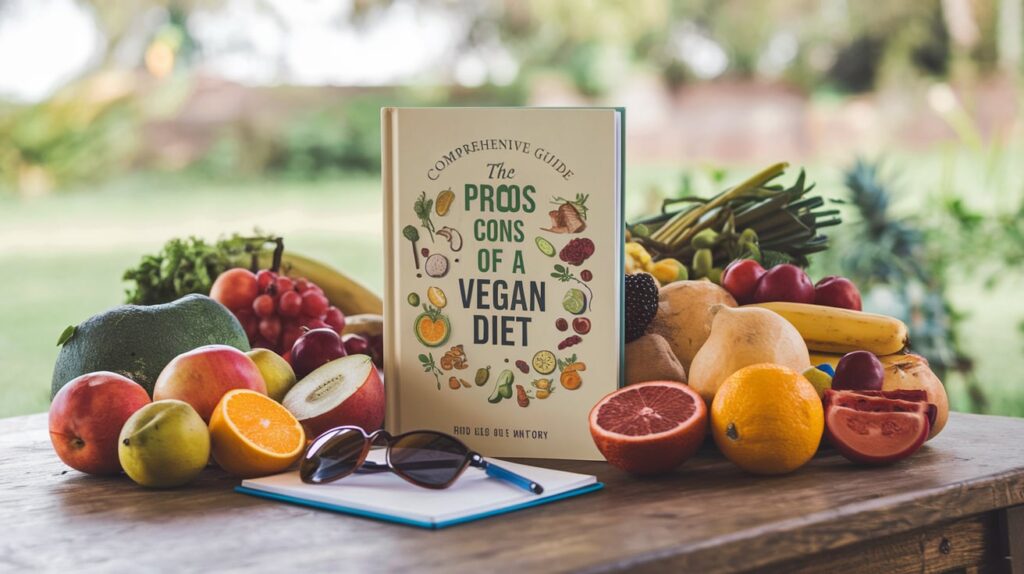Physical Address
304 North Cardinal St.
Dorchester Center, MA 02124

Discover the benefits and drawbacks of adopting a vegan diet in 2024. Explore health impacts, environmental benefits, and practical tips to navigate a plant-based lifestyle effectively.

Transitioning to a vegan diet is a decision that many individuals are considering. This lifestyle choice, which emphasizes plant-based foods, can offer numerous health and environmental benefits. However, it also presents certain challenges that are important to consider. As more people explore the pros and cons of a vegan diet, understanding the full scope of this dietary change becomes essential. In this article, we will delve into the positive and negative aspects of veganism, provide practical tips, and offer insights into how to successfully adopt this lifestyle. So, whether you’re a seasoned vegan or just curious, read on to learn more.
A vegan diet consists entirely of plant-based foods. This means excluding all animal products, such as meat, dairy, and eggs. The diet focuses on fruits, vegetables, grains, nuts, seeds, and legumes. As a result, many people choose veganism for ethical, environmental, or health reasons. However, it’s crucial to understand the implications of such a diet before making the switch.
One of the primary reasons people opt for a vegan diet is the potential health benefits. Research indicates that a vegan diet can lead to improved heart health, weight management, and a reduced risk of certain chronic diseases. Furthermore, plant-based diets are typically high in fiber, antioxidants, and essential nutrients.
In addition to health benefits, veganism is often praised for its positive environmental impact. By reducing the consumption of animal products, individuals can significantly decrease their carbon footprint. Moreover, plant-based diets require fewer natural resources, such as water and land, contributing to more sustainable food systems.
While the benefits are substantial, a vegan diet also comes with challenges. Nutritional deficiencies, social dynamics, and availability of vegan options are common concerns. Therefore, it’s important to address these issues to maintain a balanced and satisfying vegan lifestyle.
Transitioning to a vegan diet can be daunting, but with practical strategies, it becomes more manageable. Here are some tips to help you make the shift smoothly:
While a vegan diet offers numerous benefits, it’s important to be aware of potential risks. Nutritional deficiencies can occur if the diet is not properly planned. For instance, vitamin B12 is primarily found in animal products, so vegans need to find alternative sources. Additionally, iron and calcium can be less bioavailable in plant-based foods. Therefore, consulting with a healthcare professional or a registered dietitian is recommended to ensure a balanced diet.
In conclusion, the vegan diet has both significant benefits and notable challenges. From improved heart health to a reduced environmental impact, the advantages are compelling. However, it’s crucial to address potential nutritional deficiencies and social dynamics to maintain a healthy and enjoyable vegan lifestyle. By following practical tips and staying informed, you can successfully navigate the world of veganism. Are you ready to embrace the vegan lifestyle in 2024? If so, consider taking small steps today towards a healthier and more sustainable future.
If you’re considering trying a vegan diet, there are plenty of resources and products to help you along the way. For instance, this A Complete Video Guide to a Cruelty Free Diet! can simplify your transition by offering personalized meal suggestions and shopping lists. Additionally, if you’re concerned about nutritional deficiencies, consider this vegan supplement to ensure you get all the essential nutrients.